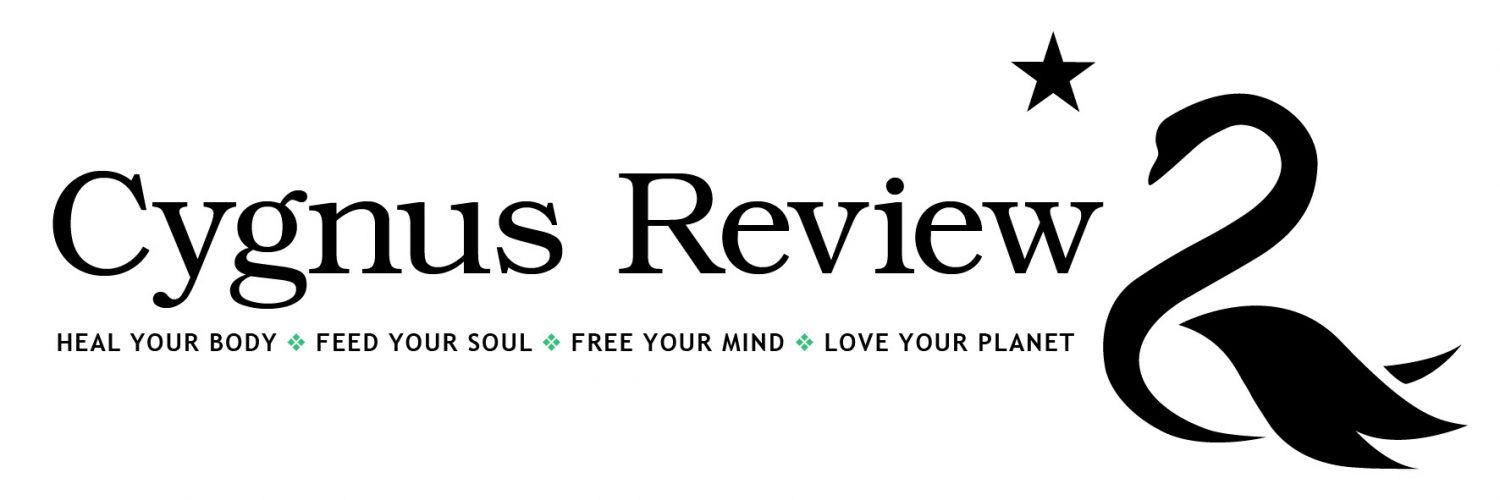
Many years ago, a very dear friend and I had a conversation about whether we would still do our best to keep our physical bodies as long as possible, if we had a terminal illness. You see, we had a friend who had a very serious wasting illness, and a lot of people we knew were criticising him (horribly unfairly, we thought), for trying to stay in his body, with his loving family, and continuing to do his spiritual work on this Earth for as long as possible. We came to the conclusion that we would certainly do as he did: try to remain in our bodies as long as possible, because, as most of us come into this world with only the vaguest memory of any spiritual talents we may have developed in previous lives, it takes a lifetime to build the ability to radiate the light of the spiritual world into this physical one, and to explain the spiritual path to others; in short, to forge yourself into an instrument of the divine on the physical plane, and it’s ever so much easier to be of service in this way if you have a body! Because the body isn’t irrelevant! It plays a very important role in our service to each other.
So, I hope that story puts into perspective my five and a half year quest to overcome cancer. My first two years were spent trying every alternative remedy known to man and – although I’ve heard of a lot of people who had good results from these methods – for me (and many others I know), it was not to be. Just like in Anita Moorjani’s story [Dying to be Me, 220513], none of these methods were able to slow or far less halt the inexorable onward march of my cancer. Of course I tried to ‘deal with my stuff’ too, as I knew that would help, but until I ended up in hospital, paralysed and at death’s door, I had absolutely no conception of the vast volume of ‘stuff’ I had to clear.
After leaving hospital I have relied increasingly on what you might call ‘an alternative approach to conventional medicine’ (such as low-dose or ‘metronomic’ multiple-drug chemotherapy, supported by supplements to minimise side-effects, boost my immune system, protect the rest of my body and enhance the effects of the drugs).1-2 Also, I’ve used shamanic methods to help me resolve my psychological issues. I tried lots of other ways, but this was the one that helped the most.
Recently, I came across a diet (and I’ve tried dozens of diets, none of which worked for me) which has been really successful in controlling and even reducing my cancer (even some brain tumours have disappeared). I promised I’d tell you about it in my last letter. It’s called the ‘ketogenic’ diet. Internet journalists such as Dr Mercola have now got hold of the idea and are oversimplifying it to the point where it couldn’t possibly work, so I urge you to study the original source: Cancer as a Metabolic Disease (below). Despite its hefty price and academic approach it is well worth hacking your way through all the medical terminology, because it could save your, or someone you know’s life. Every cancer patient and doctor should read this book.
Anyway, the key fact to know about the diet is that the normal cells in your body are able to switch over from getting energy from glucose to getting energy from ketones, which are produced from dietary fats. However, cancer cells can’t use ketones.3 They rely on glucose in order to replicate and resist treatment. There is a back door for the cancer though: cancer cells can adapt their metabolism to convert a very common amino acid – glutamine – found in almost all protein foods (and your body can make it as well) – into fuel for growth.4 However you can limit this process by taking the common and widely used anti-diabetic drug, metformin5, and a medicine used to treat urea cycle disorders called phenylbutyrate.6 What’s more, thanks to it’s anti-inflammatory effects, the ketogenic diet has also been shown to reduce toxicities of standard chemotherapy and radiotherapy.7 One thing you should know, though, is that if you have kidney problems you should get medical advice before going on this diet.
The basis of the diet is to have 70-80% of your calories in the form of fat, not more than 10-15g of carbs per day, a restricted calorie intake and plenty of fibre (powdered psyllium husks or soaked chia seeds, which you can blend into your drinks are a good choice). So basically you avoid like the plague: grains or high carb vegetables such as carrots, beetroot or potatoes, fruit except for lemons and limes and maybe one or two berries per day, At the beginning this involves a lot of rather tedious carb, calorie and fat counting, but in the end your body adapts and will tell you what it needs (it may also tell you what the cancer needs as well! So keep that in mind if you’re craving cake or a bowl of pasta). Basically, all your meals consist of: some protein (not too much), some low-carb veg, some salad veg and and awesomely large amounts of good fats/oils. It kind of simplifies life and shopping! Days or at most a few weeks after starting the diet your body will switch to ketosis (the switch can be a little tricky as you tend to get rather weak and you may have a bit of muscle wastage, but you can avoid this by putting yourself through a consistent exercise regimen).
As you may have guessed this diet is good for diabetes too; it has been used for years to prevent epileptic seizures, and recently there has even been some research suggesting that it can help people with Alzheimer’s.8 However, please don’t take my word for it; check the original research!9
Talking of checking original research, there is a marvellous self-published book called Surviving ‘Terminal’ Cancer by Ben Williams. Ben was diagnosed with glioblastoma multiforme (a brain tumour) the size of an orange, which he was told was incurable as this type of cancer is lethal within 18 months almost always. However, being a university lecturer he rolled his sleeves up and used the talents that were available to him, to dig his way out of this predicament and even completely eradicate the tumour! He had access to academic papers, so he trawled through all the research to put together a plan based on a rationally selected cocktail of drugs and supplements designed to prevent his cancer from evolving the treatment resistance that dooms so many patients when doctors use the standard ‘one or perhaps two drugs’ at a time approach. Then he went to work to persuade his doctors to prescribe the drugs he felt he needed, and he also went on the ketogenic diet. There’s magic for everyone in this book, because Ben explains how he got around all the medical obstacles to get exactly what he wanted. We ourselves have found that, while doctors will not accept as evidence a printout from some random website, they will accept a printout of original research and a clear, logical explanation from you. Then they will more than likely allow you to go ‘off piste’ and try out the medicines you think will help you the most.
So to sum up, your cancer survival toolkit should include an acceptance of where humanity has got to collectively on the whole quest for ‘mind over matter’ (because it’s not just your mind, it’s everyone’s mind); an awareness of the fact that while the medical industry may not exactly have our best interests at heart, you can still ‘play the system’ to survive; a willingness to use all the talents and resources you and your family have at your disposal to stay as healthy as possible, an absolute refusal to accept that cancer is inevitably fatal, a willingness to face and embrace your shadow, whatever it takes….. and a pharmaceutically supported ketogenic diet!
And remember that when any one of us engages with ‘the system’ and pushes the boundaries of scientifically reasoned treatment forward, we are adding to the sum of human knowledge and hastening the day when cancer will be considered, at the very worst, a chronic illness.
With all my love and best wishes for your very good health!
References
1 Loven, David, et al. ‘Low-dose metronomic chemotherapy: from past experience to new paradigms in the treatment of cancer.’ Drug discovery today (2012).
2 Galluzzi, Lorenzo, et al. ‘The secret ally: immunostimulation by anticancer drugs.’ Nature Reviews Drug Discovery 11.
3 (2012): 215-233. 3 Cancer as a Metabolic Disease by Thomas Seyfried: page 356
4 Cancer as a Metabolic Disease by Thomas Seyfried: page 134
5 Wise, David R. and Thompson, Craig B. ‘Glutamine Addiction: A new Therapeutic Target in Cancer’ Trends Biochem Sci. 2010 Aug; 35(8):427-33. Review
6 Cancer as a Metabolic Disease by Thomas Seyfried: page 365
7 Cancer as a Metabolic Disease by Thomas Seyfried: page 366
8 http://www.ketogenic-diet-resource.com/alzheimers-disease.html
9 http://ketonutrition.blogspot.co.uk/2012/12/starving-cancer-ketogenic-diet-key-to.html




